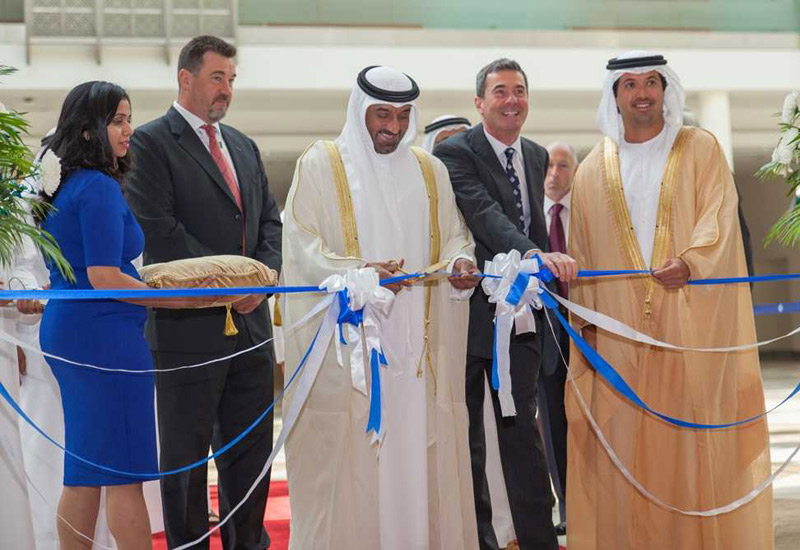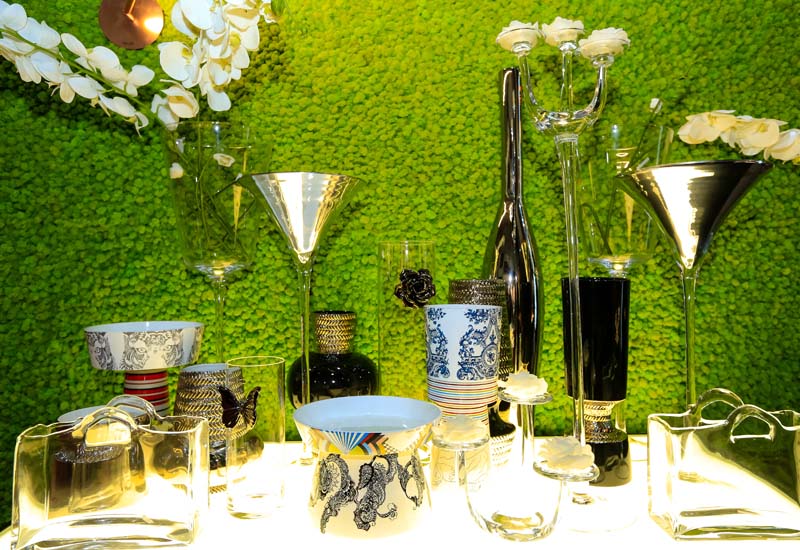CONFERENCE HIGHLIGHTS
Hotelier Middle East dashed about the various panel discussions and seminars, and has collated some of the top trends, news and views from a selection of expert thought:

| Advertisement |
Theme parks assemble to conquer Dubai
With three projects in the pipeline from Dubai Parks and another by IMG, theme parks are going to be the next big thing to take Dubai by storm. “We have been here in the past,” said Philip Shepherd, partner, PwC Middle East Hospitality & Leisure. “In 2009 around 18 theme parks and attractions were being discussed, and rights were being negotiated. But none even took off the ground.” Shepherd sights a massive difference this time around compared to the past failures, saying: “That will not repeat in Dubai again, simply because the parks are already in construction phase and set to open soon. Projects have been planned well and we can see a future for them. They are no longer just never-ending hoardings by the Sheikh Zayed Road.”
Sustainability in the hospitality industry
Hoteliers and stakeholders shared best practices followed in their properties, emphasising the growing importance of sustainability in the current market. “At Accor Hotels we strictly follow the ‘Planet 21’ programme that is a well-defined 21 point charter defining the use of water, electricity, management amongst other important measures,” said Rohit Salunke, director of engineering, Sofitel The Palm Dubai. Meanwhile, Iftikhar Hamdani, general manager, Ramada Hotel & Suites Ajman shared his hotel’s initiatives, “Ajman dumps 600 tonnes of waste in landfills every day. However, we have reduced 90% of our hotel waste. Initially, we used to produce 950 kgs of waste daily.”
Importance of mockup rooms
Experts said that hotel mock-up room are important to ensure the final product meets expectations, adding that negotiating on mock-up room costs is a detriment. MMAC Design Associates design director Anil Mangalat liked the mock-up room to a safety net, and said: “You’re going to go ahead and build a hotel that’s a 100 keys, 200 keys, or 300 keys. You want the client and operator to be happy and you have to check things before you go too far in the process.” Tarek Ardakani, general manager — business development, Bond Interiors agreed, and added that the essence of the room was to provide the experience a real guest would face when the hotel is complete. This concept is especially important in this region, said Design Confidence principal — project management Dipak Tailor. He said: “The only time the owner will get involved is to come see the mock-up room. They don’t actually know what they’re going to get until they see a physical sample.” Vibha Mehra Sawhney, project director, EAME/SWA design services, Hyatt International South West Asia Limited, said: “We’re looking at how it feels like for an operator to maintain and clean. We’ve got guidelines to follow. Everything is tested.”
Food costs and turnover on the rise, say chefs
The current challenges facing chefs in the UAE’s hospitality market include a fast-changing sector, staff turnover, and food costs, according to the experts. Samir Roonwal, executive chef, Al Ghurair Rayhaan & Al Ghurair Arjaan by Rotana, said staffing is still a huge problem. “What keeps me awake at night is making sure I have the same team tomorrow morning. It’s tough to keep up with that.” The Address Dubai Marina executive chef Avinash Mohan said: “The crucial aspect about staff is that it’s difficult to find huge skill levels in Dubai and all the ones keep jumping hotel to hotel.” Media One Hotel executive chef Girish Babu agreed, and then also added the element of rising food costs.










 Search our database of more than 2,700 industry companies
Search our database of more than 2,700 industry companies









